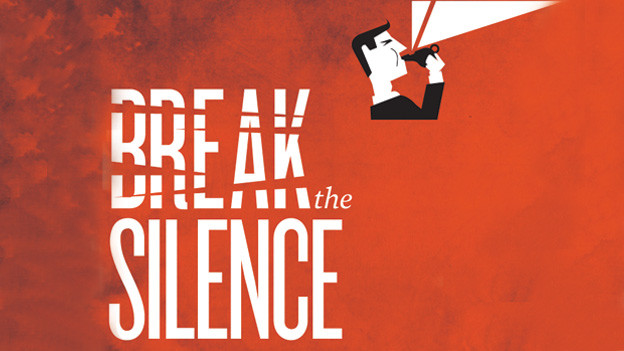A Positive Step Forward
In response to the 2008 economic crisis, Congress aimed to reform the U.S. financial system by passing the Dodd-Frank Act in 2010. The act requires the Securities and Exchange Commission (SEC) to reward individuals who voluntarily provide information about securities law violations that lead to the recovery of more than US$1 million. Whistleblowers may then receive between 10–30% of the sanction imposed.
What is the Dodd-Frank Act?
The full name of the bill is the Dodd-Frank Wall Street Reform and Consumer Protection Act, but it is better known and most often referred to as Dodd-Frank.
It grew out of the Great Recession with the intention of preventing another collapse of a major financial institution like Lehman Brothers. In simple terms, Dodd-Frank is a law that places major regulations on the financial industry.
Dodd-Frank is also geared toward protecting consumers with rules like keeping borrowers from abusive lending and mortgage practices by banks.
The Whistleblowers Protection Program
Looks like OSHA also has protection for those who seek out the right to make right. OSHA’s Whistleblower Protection Program enforces the whistleblower provisions of more than twenty whistleblower statutes protecting employees who report violations of various workplace safety and health, airline, commercial motor carrier, consumer product, environmental, financial reform, food safety, health insurance reform, motor vehicle safety, nuclear, pipeline, public transportation agency, railroad, maritime, and securities laws. Rights afforded by these whistleblower protection laws include, but are not limited to, worker participation in safety and health activities, reporting a work-related injury, illness or fatality, or reporting a violation of the statutes herein.
What is protected whistleblower activity?
The underlying purpose of whistleblower protection laws is to allow employees to stop, report, or testify about employer actions that are illegal, unhealthy, or violate specific public policies. However, one of the most hotly contested issues in whistleblower law is the exact definition of protected whistleblower activity. Some states have very narrow definitions while others have definitions that are very broad. An employee or his or her attorney should thoroughly research the state law regarding the definition for his or her state.
Sources: http://www.whistleblowers.org/; http://www.whistleblowers.gov/; http://www.cnbc.com/


